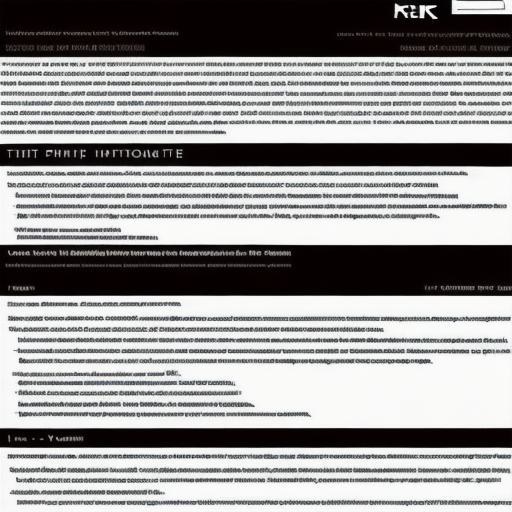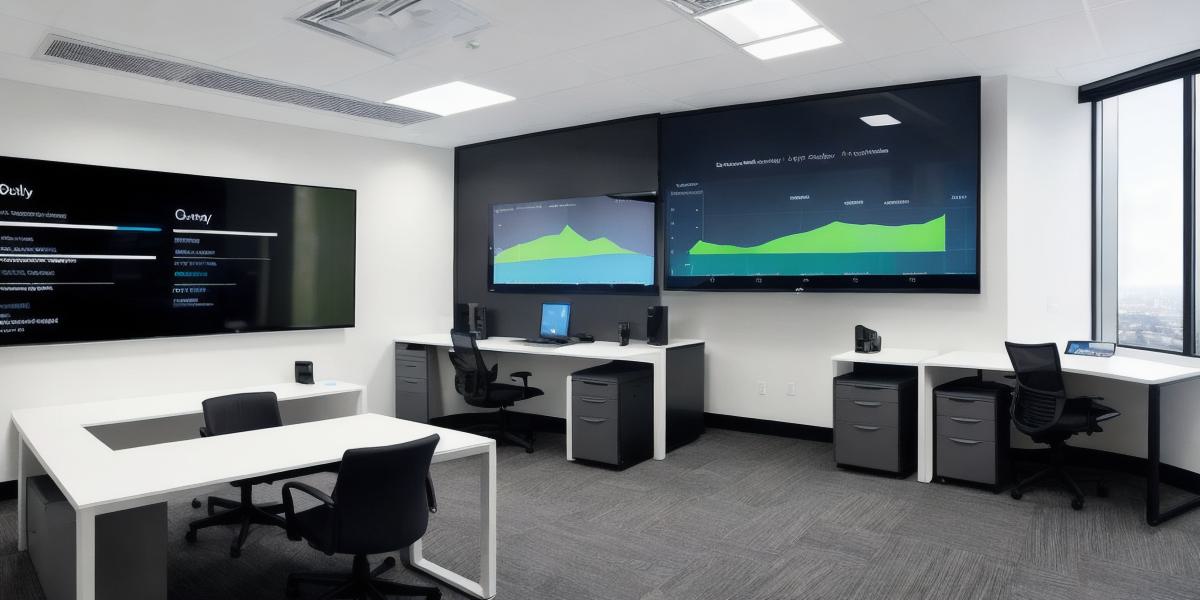Data rooms are virtual repositories designed to store, manage, and securely share sensitive documents during mergers and acquisitions (M&A) or fundraising processes.
Here’s why using a data room can be beneficial:
1. Secure Access**: Data rooms provide granular access control. You can grant different levels of access to various users, ensuring that only authorized individuals can view specific documents. This helps maintain confidentiality and protect your intellectual property.
For example, during an M&A process, you may want to share financial reports with potential buyers but not allow them to access other proprietary data. With a data room, you can set up different folders for each type of document and control who has access to each one.

2. Control Over Sharing**: Data rooms enable you to manage who sees what and when. You can set expiration dates for documents or restrict access once a deal is closed. This ensures that sensitive information remains protected even after the transaction is complete.
For instance, if you’re raising funds from investors, you may want to share financial projections but keep your intellectual property confidential until a term sheet is signed. In this scenario, a data room can help you control access and sharing of documents throughout the fundraising process.
3. Version Control**: Data rooms maintain a complete version history for all uploaded documents. This feature enables you to track changes made to files and revert back to previous versions if needed. Version control helps prevent errors and ensures that everyone is working on the most up-to-date information.

For example, during an M&A due diligence process, buyers may request numerous revisions of financial reports or contracts. With version control in a data room, you can easily manage these requests and maintain an accurate record of all changes made to documents.
4. Advanced Security**: Data rooms employ advanced security measures such as two-factor authentication, encryption, and firewalls to protect your documents from unauthorized access. They are also designed to meet various regulatory compliance requirements, such as GDPR or HIPAA.
For instance, if you’re dealing with sensitive financial data or personal information, a data room can help ensure that this information is handled securely and in accordance with relevant regulations.
5. Time Efficiency**: Data rooms streamline the document sharing process by providing a centralized location for all documents. Instead of sending individual emails or using external file-sharing services, you can upload all necessary files to the data room and grant access to authorized users. This saves time and reduces the risk of errors associated with manual document sharing.
In conclusion, data rooms offer numerous features and benefits that make them an essential tool for secure document sharing and storage during M&A processes or fundraising campaigns. With features like granular access control, version control, advanced security measures, and time efficiency, a data room can help protect sensitive information, maintain confidentiality, and streamline the document sharing process.
